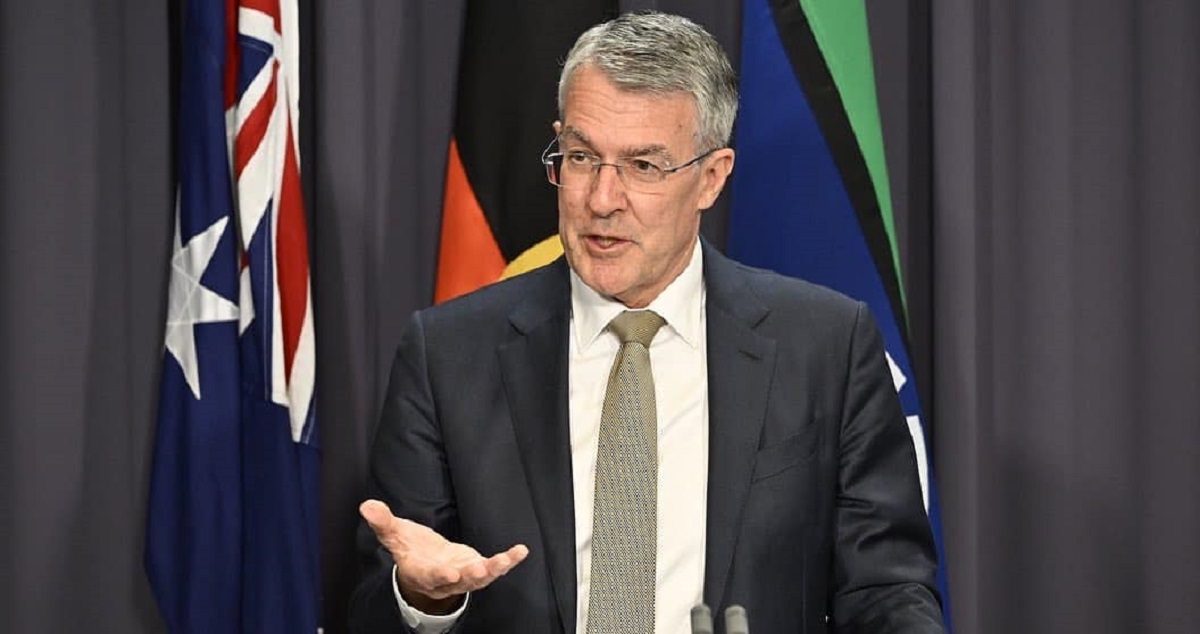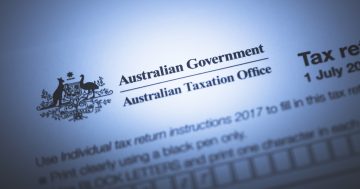
Attorney General Mark Dreyfus will introduce a general secrecy offence aimed at Commonwealth officers. Photo: File.
Australia will soon have new secrecy laws the Federal Government hopes will help avoid a repeat of the PricewaterhouseCoopers (PwC) confidentiality breach and protect press freedom.
Attorney-General Mark Dreyfus said a new general secrecy offence would be created that could be applied to Commonwealth officers who disclosed confidential information obtained through their work.
This would also apply to advisers seconded to government work, such as the PwC partner who leaked confidential tax information for the company’s benefit while on a government advisory board.
The new offence would broadly apply to ministers, public servants, ministerial staff, statutory office holders, consultants and contractors.
“Secrecy offences play an important role in preventing the unauthorised disclosure of information which can undermine national security and harm the public interest,” Mr Dreyfus said.
“However, there have long been concerns about the number, inconsistency, appropriateness and complexity of Commonwealth secrecy offences.”
In December last year, the Attorney-General announced a comprehensive review of Commonwealth secrecy provisions to be undertaken by his department.
With the review now complete, the government has accepted its key reform recommendations.
The government publicly released the final report on Tuesday (21 November) after having considered the review of secrecy provisions.
The review developed 11 recommendations to guide future work to: reduce the number of secrecy provisions; support a consistent approach to the framing of secrecy provisions; maintain essential protections for Commonwealth information; and respond to stakeholder concerns about the impact of secrecy provisions on press freedom.
The government has accepted all 11 recommendations and plans to implement them.
Key reforms recommended by the review include:
- the establishment of principles for the framing of secrecy offences that will guide the future development and consistency of secrecy laws across Commonwealth laws;
- the repeal of specific secrecy offences and non-disclosure duties identified through the review’s consultations as no longer being required;
- the development of a new general secrecy offence for the inclusion in the Criminal Code Act 1995 that will ensure Commonwealth officers and others with confidentiality obligations can be held to account for harm caused by breaching those obligations; and
- improved protection for press freedom and individuals providing information to royal commissions.
The changes will see the removal of criminal liability from 168 of the 875 secrecy offences, and further reductions in the number of offences through the enactment of a new general secrecy offence in the act.
“This new [general secrecy] offence will also address the issues raised by the alleged PwC breach of confidentiality,” Mr Dreyfus said.
Protection of the media will also be strengthened by requiring ministerial consent for the prosecution of journalists for certain secrecy offences.
“The Albanese Government believes a strong and independent media is vital to democracy and holding governments to account,” Mr Dreyfus said.
“Journalists should never face the prospect of being charged or even jailed just for doing their jobs.
“The government believes this additional safeguard, which is supported by Australia’s Right to Know Coalition and the Australian Press Council, will further enhance protections for public interest journalism.”
This development is the latest attempt in reshaping the approach to protecting confidential government information while also ensuring the public’s right to know is maintained.
Previous recent steps include the National Anti-Corruption Commission (NACC) legislation, which contained strong safeguards to protect the identities of journalists’ sources and uphold the public interest associated with a free press.
In June this year, the Federal Parliament passed priority amendments to the Public Interest Disclosure Act, which ensured immediate improvements to the public sector whistleblower scheme were in place in time for the start of the NACC.
The government has recently launched a second stage of consultation on further supports for public sector whistleblowers, including consideration of a whistleblower protection authority or commissioner.
Original Article published by Chris Johnson on Riotact.










